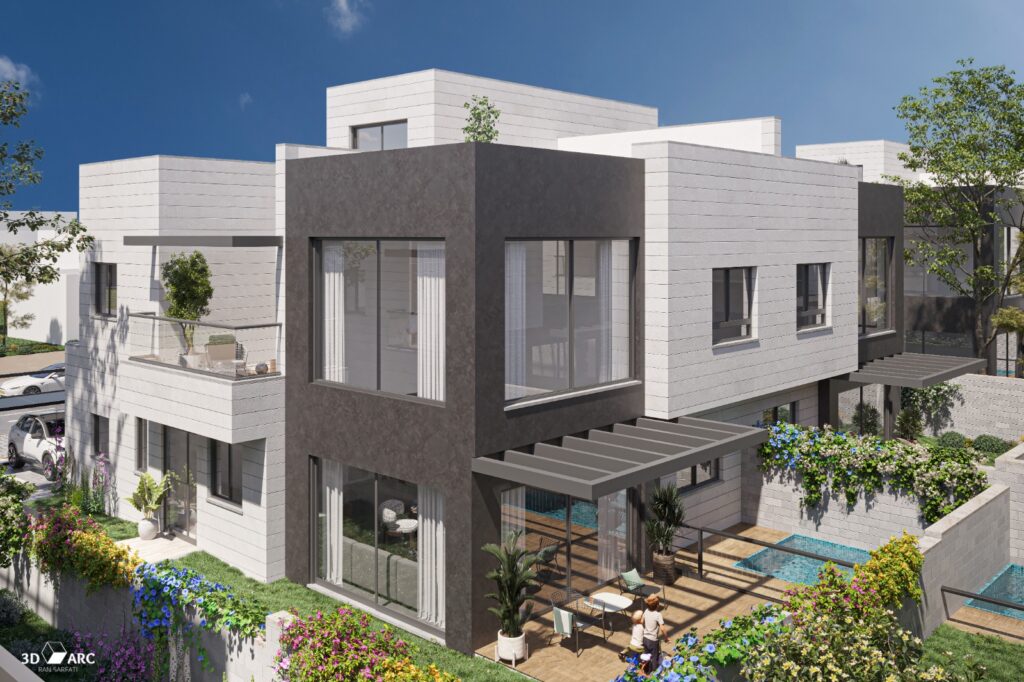Renovation Frustrations
While many of these homeowners would ordinarily be shopping for and closing on their new home, some are finding their “dream home” difficult to find when they consider their budget for an upgraded home or the exact location they are seeking.
After looking for a while and not finding what works for them, they sit and contemplate the alternatives of possibly renovating or adding onto their present house to create the vision they are seeking but cannot find in the existing inventory of homes.
Homeowners who find themselves in this position are generally not taking on the easy option of doing construction in their present homes since doing so and making it work in a positive manner is a major undertaking.
Every house is different, but the primary consideration one must take before undergoing a construction project is to first find out from the local building department how much you are actually allowed to build onto your present house and the surrounding property.
I have found that in a number of these cases, the homeowners are not thinking in terms of what they are allowed to build according to the local village or town they live in, but assume they can build whatever they want with no thought to restrictions.
Sometimes, before even going down to the building department to get permits, some homeowners are so focused on creating their vision of a perfect house that they actually start spending money to retain contractors and architects to create options before finding out what the actual restrictions are.
An experienced architect should be able to look into all the building department restrictions before the homeowners hire them, and they should be able to tell them if and how they can do the project in accordance with the present building codes.
If the codes do not allow for extensions or additions, it is crucial to find out this information before any monies are spent in putting this project together. If the codes do not allow you to build what you are hoping to realize, there is still the option of filing for special permission to get a variance to these codes so the building department can give their approval to permit you to build what you want, but a variance is a very involved and expensive option, so you have to figure out before you start whether the project will be worth the final amount with all the costs involved.
After finding out how much you can build onto your house or property, the next thing you need to find out is how much the entire project will cost, and this means not only the construction costs, but the costs of finishing your project, such as flooring, cabinetry, etc. such as you might need if you’re doing new kitchens and baths as well as rooms and other additions.
If you are doing extensive work, another expense that might need to be considered is the cost of a rental for the entire period it will take to complete your construction project, as well as storage costs for all your furniture and other items that will need to be removed while the construction is ongoing.
Looking at the total costs involved is the only real way of evaluating if it pays for you to stay put and build, or continue to look for that larger home for your family. Putting together the numbers of the entire project must be considered a top priority before you can really decide what works best for you. n
Anessa Cohen lives in Cedarhurst and is a Licensed Real Estate Broker (Anessa V Cohen Realty) with over 20 years of experience offering residential, commercial, and management real estate services. You are invited to visit AVCRealty.com. She can be reached at 516-569-5007 or Readers are encouraged to send any questions or comments by email to [email protected].











